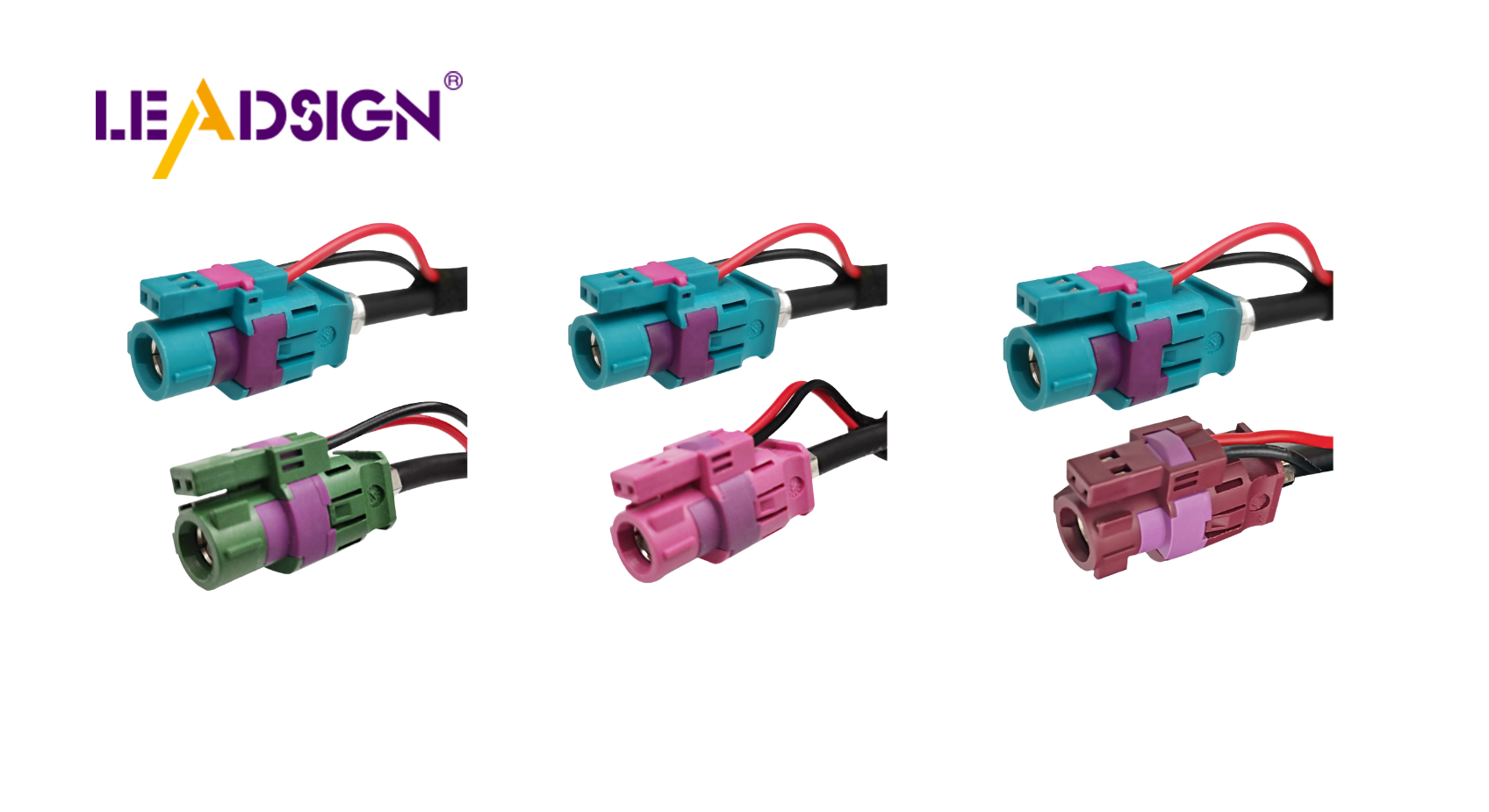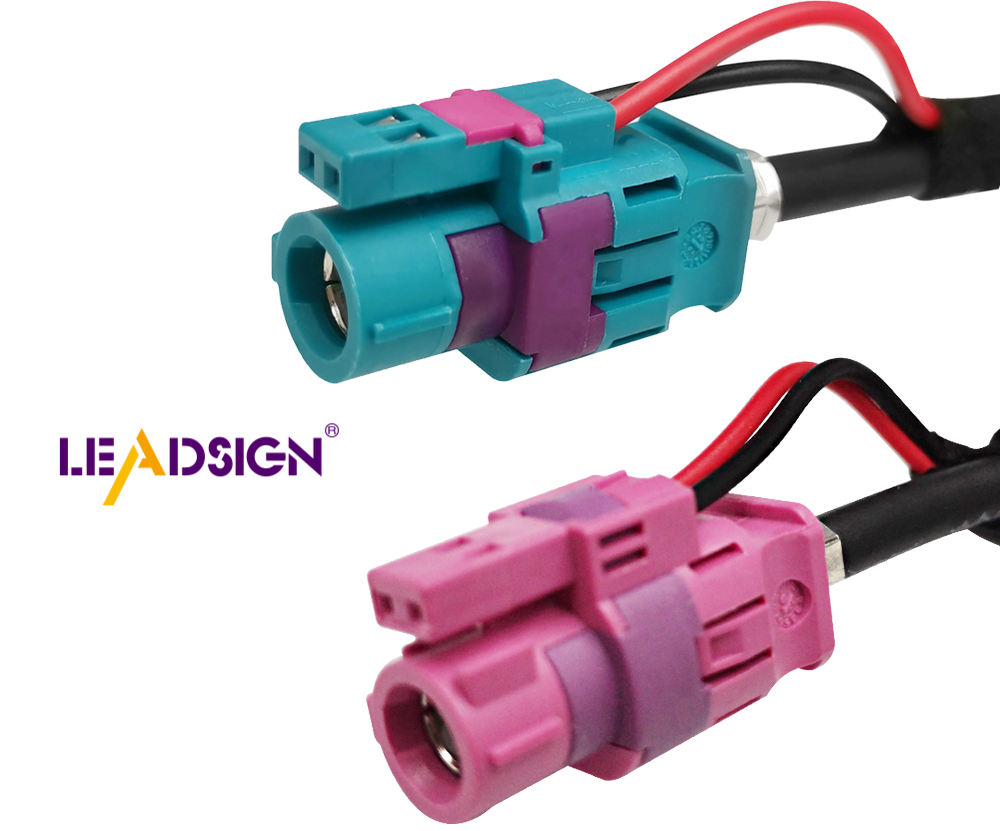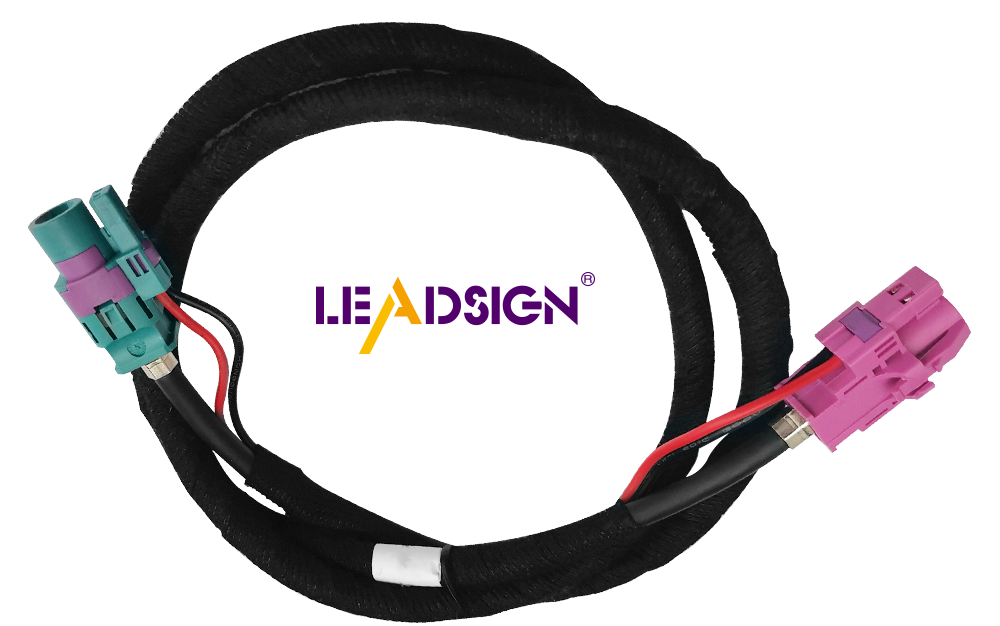Choosing the Right Vehicle Cable for Your Hybrid

Choosing the right vehicle cable for your hybrid car is crucial. With over 40 million hybrid cars on the road worldwide, reliable power is more important than ever. The right vehicle cable ensures your car operates efficiently and safely. Consider a few factors when selecting a vehicle cable: it should be compatible with your car model, perform well, be cost-effective, and easy to install. As the popularity of electric and hybrid cars continues to grow, understanding these aspects is essential. Whether you charge at home or at a charging station, the right vehicle cable makes a significant difference.
Key Takeaways
Ensure compatibility by checking your hybrid model's specifications and connector types before purchasing a cable.
Choose the right charging option: Level 1 for slow charging at home, Level 2 for faster charging, and fast chargers for quick stops on the go.
Prioritize durability and efficiency by selecting cables made from high-quality materials that minimize energy loss.
Consider the total cost of ownership, including initial purchase price, maintenance, and replacement frequency, to find the best long-term value.
Follow safety precautions during installation, and consider professional help if you're unsure about the process.
Regularly inspect and clean your charging cables to ensure optimal performance and longevity.
Compatibility with Hybrid Models
When picking a cable for your hybrid, it must fit. Make sure the cable works well with your hybrid model. Let's see how to check this.
Identifying Your Hybrid Model
First, find out your hybrid model. This is important because each model needs different things.
Manufacturer Specifications
Look at the manufacturer's guide for your hybrid. It shows which cables fit your car. They tell you about connectors and voltage needed. This helps you avoid wrong matches that can cause problems.
Model-Specific Requirements
Each hybrid might need special cables. Some need high-voltage, others low-voltage. Knowing this helps you pick the right cable for power needs.
Ensuring Cable Compatibility
After knowing your model, check if the cable fits.
Connector Types
Hybrids use different connectors. Many use a Type 2 connector. Know your car's connector type. This helps you pick a cable that fits well for good energy flow.
Voltage and Current Ratings
Voltage and current are key. High-voltage cables handle hybrid power needs. They move power from battery to motor well. Pick a cable that matches your car's voltage and current. This keeps your car safe and working well.
Choosing the right cable means knowing your hybrid's needs. Focus on fit to keep your car running well. Whether charging at home or on the go, the right cable is important for a good charge.
Types of Vehicle Cables

Knowing about vehicle cables is key for your hybrid. These cables help your car run well. Let's look at the types of cables you might see.
Charging Cables
Charging cables keep your hybrid's battery full. They come in different types, each with its own perks.
Level 1 and Level 2 Charging
Level 1 chargers are basic. You plug them into a regular outlet. They are easy to use but charge slowly. If you're not in a hurry, Level 1 is fine.
Level 2 chargers are faster. They need a special outlet, often at public stations or at home. With Level 2, you charge your hybrid quicker. This is great if you need fast charging.
Fast Charging Options
Fast chargers are great for busy people. They charge your hybrid much faster than Level 1 or 2. You find them on highways or in cities, perfect for long trips or quick stops.
Power Transmission Cables
Power cables are also important for your hybrid. They move power from the battery to the motor.
High-Voltage Cables
High-voltage cables are for power in hybrids and EVs. They handle heat and electricity well, making them strong. These cables move power inside your car.
Low-Voltage Cables
Low-voltage cables are not as strong but still important. They handle lower power needs, keeping systems working right. These cables help your car run smoothly.
Knowing these cables helps you choose what's best for your hybrid. Whether it's charging or power, the right cable keeps your car at its best.
Performance Metrics
When picking a cable for your hybrid, think about how well it works. These things make sure your cable lasts long and works well. Let's see what makes a cable strong and good.
Durability and Longevity
A strong cable is important. You want one that lasts long and handles tough conditions.
Material Quality
Good materials make cables last longer. Strong materials like special polymers and EPDM give great cover. They let cables be thin but still tough. This keeps your cable strong in hard times.
Environmental Resistance
Cables face many challenges outside. Special coatings protect them from chemicals, scratches, water, and sun. These coatings stop damage, keeping your cable working well. So, look for these features when choosing a cable.
Efficiency and Conductivity
A good cable loses little energy when moving power. This helps your hybrid run well.
Conductive Materials
Conductive stuff is key for cable work. It helps electricity move through the cable. Good conductive stuff cuts energy loss, giving your hybrid the power it needs.
Energy Loss Considerations
Energy loss can hurt your hybrid's work. Good cables cut this loss, giving better power. When picking a cable, think about its energy loss to keep it working best.
Cost Considerations
When picking a cable for your hybrid, cost is key. You want the best deal for your money. Let's look at the costs.
Initial Purchase Cost
First, check the price. But don't just see the number. Think about what you get for that price.
Brand and Quality
Brands are important. Some brands are known for being good and reliable. They might cost more at first, but they last longer. Good cables use copper, which is great for power. Copper cables are heavier and cost more than aluminum. But they work better. Aluminum is lighter and cheaper, but you might need it thicker to work like copper.
Warranty and Support
See if the cable has a warranty. A good warranty saves money if it breaks. Also, think about the help from the maker. If you have questions, good help is very useful.
Long-term Value
Think past the first buy. Think about how much the cable costs over time.
Maintenance Costs
Some cables need more care than others. Regular care can cost more. Find cables that are strong and need little care. This saves money later.
Replacement Frequency
How often will you need a new cable? A cheap cable might need replacing soon. A pricey one could last longer. Buying a good cable can mean fewer replacements, saving money over time.
Installation and Maintenance

When you set up and take care of your car cable, do it right. Good setup and regular checks keep your electric car safe and working well. Here are some easy tips to help you.
Installation Tips
Professional vs. DIY Installation
Should you put in the cable yourself or get help? If you know how, doing it yourself can save money. But hiring a pro makes sure it's done safely and correctly. Pros have the right tools and know-how. They do it step-by-step to avoid mistakes, so your car works well.
Safety Precautions
Safety is super important. Turn off the power before starting. Use special tools to avoid shocks. Check all parts to make sure they fit tight. If you're not sure, ask a pro. A small mistake can cause big trouble.
Maintenance Advice
Regular Inspections
Check your charging stuff often. Look for damage on the cable. See if there are cracks or broken wires. If you find problems, change the cable right away. Regular checks help you fix things early and save money later.
Cleaning and Care
Keep your charger clean for best use. Dust can mess up charging. Use a soft cloth to clean the cable and plugs. Don't use water or strong cleaners; they can harm parts. Taking care of your charger helps it work well at home and away.
By following these tips, your charging will be easy and good. Whether at home or out, taking care of your car cable keeps your electric car in top shape.
Choosing the right vehicle cable for your hybrid is very important. It helps your car work well and stay safe. Here's a simple checklist to help you:
Compatibility: Make sure the cable fits your hybrid's needs.
Performance: Find cables that are strong and conduct power well.
Cost: Think about the price now and how much it will cost later.
Installation: Choose between getting help or doing it yourself, but always be safe.
Always think about safety and fit when picking your EV charging gear. A good charger keeps your EV running well and gives steady power for your trips.
FAQ
Do hybrid cars need to be charged?
Hybrid cars charge themselves when you brake. They don't need plugging in like electric cars. But plug-in hybrids have a cable for charging big batteries. You can plug them in for more power, but it's not always needed.
What's the difference between Level 1 and Level 2 chargers?
Level 1 chargers use normal outlets. They're easy but slow. Level 2 chargers need special outlets and are faster. You find them at public places or can put one at home for quick charging.
Can I use any charging cable for my hybrid?
No, you can't use just any cable. The cable must fit your hybrid's connector and voltage needs. Wrong cables can cause trouble, so always check your car's guide.
How do I know if my charging cable is safe?
Look for damage like cracks or broken wires. Make sure connectors fit tight. If unsure, ask a pro. Regular checks keep your cable safe and working well.
What should I consider when buying a new charger?
Check if it fits your hybrid, how fast it charges, and the cost. Think about the brand's name and if they give good help and warranty. A good charger gives your car the power it needs well.
Can I install a charging station at home?
Yes, you can put a Level 2 charger at home. It needs a special outlet and might need a pro to install. A home charger is handy and charges your car faster.
How often should I replace my charging cable?
It depends on how much you use it and wear. Check your cable often for damage. If you see problems, change it right away. A good cable lasts longer, so you replace it less.
Are there fast charging options for hybrids?
Yes, fast chargers exist for hybrids, especially plug-in ones. They charge quickly, great for long trips or when in a rush. You find them at many public charging spots.
What are the benefits of using a high-quality charging cable?
A good cable is strong, works well, and is safe. It cuts energy loss, giving your car the power it needs. Buying a good cable saves money over time by needing fewer fixes and changes.
Can I charge my hybrid at any public charging station?
Most public spots work with hybrids, especially with Type 2 connectors. Always check if the spot fits your car. The right cable lets you charge your hybrid anywhere.
See Also
Boosting Car Data Flow: Cutting-Edge Connectors and Cables
Improving Car Performance Using HSD to USB 2.0 Cables
Increasing Efficiency in Cars with HFM Connectors

